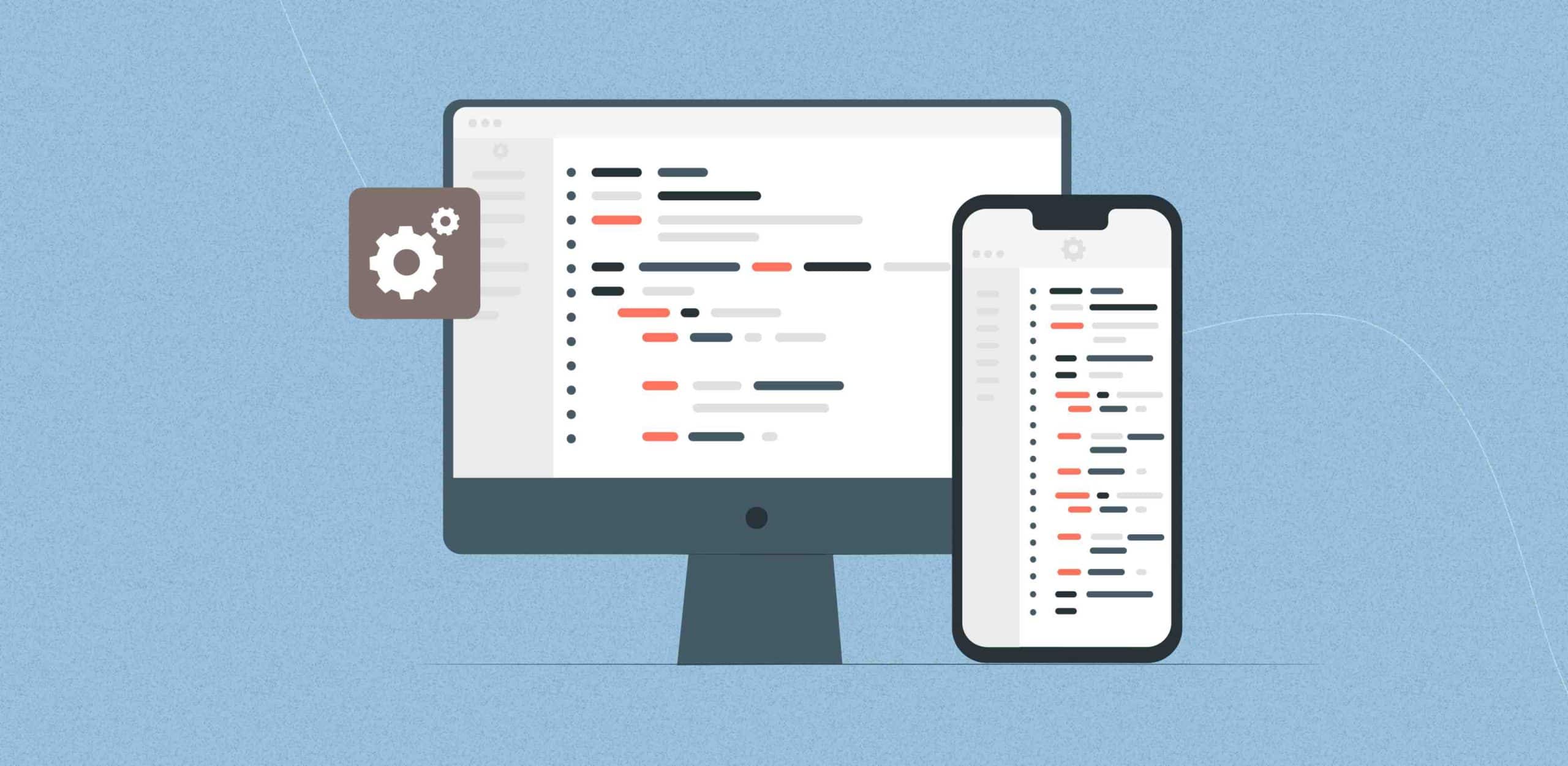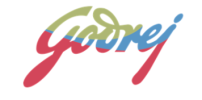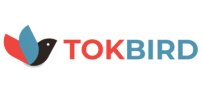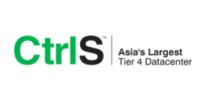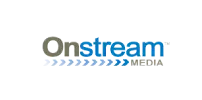Learning Management Systems (LMS) play a pivotal role in delivering content efficiently in the dynamic landscape of education and training. While off-the-shelf solutions offer convenience, they might not always align perfectly with the unique needs of every organization.
In this comprehensive guide, we’ll explore the concept of Custom Learning Management Systems, diving into their definition, differences from off-the-shelf options, the process of creation, and the associated costs.
What is Learning Management System (LMS)?
In today’s digitally-driven educational landscape, a Learning Management System (LMS) has emerged as a cornerstone for effective teaching and learning processes.
A Learning Management System (LMS) is a software application designed to streamline the administration, documentation, tracking, reporting, and delivery of educational courses or training programs. It serves as a centralized hub for educators and learners, facilitating the management of learning content, user progress tracking, and collaboration.
Essential Functionality
What are the key features of Learning Management System (LMS)?
A Learning Management System (LMS) is equipped with a suite of dynamic features designed to revolutionize the educational experience. These features not only streamline the learning process but also enhance the overall efficiency and effectiveness of educational programs. Let’s delve into some of the key features that make LMS a vital tool in modern education and corporate training.
Essential Features
Centralized Learning Resources
An LMS serves as a centralized hub for all educational content. This integration means that resources such as e-books, videos, presentations, and quizzes are all stored in one accessible location. This centralization makes it incredibly convenient for learners and instructors alike, as they can access and manage these resources from any location, at any time. This feature ensures that educational materials are consistently available, providing a seamless learning experience.
Tracking and Reporting
One of the standout features of an LMS is its ability to monitor and report on learner progress and performance. This system tracks key metrics like course completion rates, quiz scores, and time spent on each module. These insights are crucial for understanding a learner’s journey, allowing educators and trainers to tailor the learning experience to individual needs. This personalization not only enhances learning outcomes but also helps in identifying areas where learners may need additional support.
Scalability and Flexibility
LMS platforms are inherently scalable, meaning they can grow and adapt to the changing needs of an organization or institution. Whether you’re dealing with a handful of users or thousands, the LMS can handle it efficiently. Additionally, these systems offer flexibility in terms of learning styles and methodologies. They support various formats of content and learning approaches, from self-paced learning to instructor-led sessions, catering to diverse learning preferences and requirements.
Collaboration Tools
A modern LMS is equipped with a variety of collaboration and communication tools. These features might include discussion forums, chat rooms, and the ability to share documents and resources within the platform. Such tools facilitate interaction and engagement among learners, and between learners and educators, creating a more dynamic and interactive learning environment. This collaborative aspect of LMS fosters a sense of community and enhances the learning experience by enabling peer-to-peer learning and support.
Contact our experts at Enfin to discuss tailored solutions that align with your educational goals.
Advanced Features
AI and Machine Learning
Modern LMS platforms are incorporating artificial intelligence and machine learning algorithms to provide adaptive learning paths, personalized content recommendations, and automated grading systems.
Mobile Learning
With the proliferation of smartphones and tablets, LMS platforms are increasingly offering mobile compatibility, enabling learners to access educational content on-the-go.
Data Analytics
Advanced data analytics features in LMS help in monitoring learner engagement, progress, and outcomes, allowing for data-driven decision-making to enhance the learning experience.
Blended Learning Support
LMS platforms support blended learning environments, where traditional face-to-face teaching methods are combined with digital interactions, enhancing the overall educational experience.
What is the difference between Custom Learning Management System (LMS) and off-the-shelf training?
How do I develop a Custom LMS?
Developing a Custom Learning Management System is a multifaceted process that demands strategic planning and meticulous execution. Let’s break down the essential steps involved in crafting a Custom LMS, ensuring a comprehensive understanding of the journey from concept to implementation:
Define Requirements
Start by clearly defining the specific requirements and objectives of your organization. This involves understanding the unique features, functionalities, and integrations needed to meet your educational goals.
Choose the Right Development Approach
Select an appropriate development approach based on your project’s scope, budget, and timeline. Options may include traditional Waterfall methodology or the more agile approach, allowing for iterative development and continuous feedback.
User Interface (UI) Design
Craft an intuitive and user-friendly interface that aligns with the preferences and needs of your target audience. Effective UI design enhances user engagement and ensures a seamless learning experience.
Testing Protocols
Implement robust testing protocols to identify and rectify any potential issues or bugs. Thorough testing is crucial to guarantee the reliability, security, and performance of your Custom LMS.
Schedule your free consultation today and discover how custom LMS development can transform your educational approach
How much does it cost to build a Custom LMS?
Embarking on the journey to build a Custom Learning Management System (LMS) involves a careful examination of various cost factors. The financial outlay for developing a tailored LMS can fluctuate significantly, influenced by several key elements. In this section, we will delve into the intricacies of cost considerations, offering a nuanced perspective on the different elements that contribute to the overall expense.
Factors Influencing Custom LMS Development Costs
Features and Functionality
The depth and breadth of features integrated into a Custom LMS significantly impact the overall cost. Advanced functionalities such as gamification, social learning tools, and personalized content delivery systems may contribute to a higher development cost.
Scalability
The ability of the LMS to scale and adapt to growing user bases or evolving organizational needs is a crucial consideration. Scalability features may include accommodating a larger number of users, expanding content libraries, or integrating with additional modules.
Development Approach
The choice of development approach, whether traditional Waterfall or agile methodologies, can impact both cost and project timeline.
Breaking Down the Cost Considerations
Upfront Development Costs
Initial expenses involve the actual development process, encompassing coding, designing, and implementing features. The complexity of the LMS architecture and the chosen technologies influence these upfront costs.
Ongoing Maintenance and Support
A comprehensive analysis of costs wouldn’t be complete without addressing the post-launch phase. Ongoing maintenance and support are critical for ensuring the LMS operates seamlessly over time.
How to choose the right LMS Development Services?
When embarking on a journey to create a Custom Learning Management System (LMS), the choice of a LMS development company becomes a cornerstone of success. The careful selection of a development service can significantly influence the project’s outcome and its long-term viability. In this section, we will delve into a detailed exploration of the criteria and considerations that should guide organizations in choosing the right LMS development services.
Expertise
The first and foremost factor to consider is the expertise of the development service. A competent development team should have a deep understanding of educational technology, e-learning app development trends, and the specific requirements of the organization. Look for a partner with a proven track record in developing robust LMS solutions that align with your unique goals.
Portfolio Analysis
Examining the portfolio of a development service provides valuable insights into their capabilities and experience. Pay close attention to projects similar to your requirements, assessing the functionality, user interface, and overall quality of the delivered solutions. A comprehensive portfolio review aids in gauging the development service’s versatility and ability to tailor solutions to diverse needs.
Client Testimonials
The voice of previous clients is a powerful indicator of a development service’s reliability. Seek out and scrutinize client testimonials to gain a nuanced understanding of the partner’s strengths, communication skills, and commitment to client satisfaction. Positive testimonials serve as a testament to a development service’s ability to meet expectations and deliver successful outcomes.
Ongoing Support and Maintenance
Beyond the initial development phase, ongoing support and maintenance are crucial for the sustained effectiveness of a Custom LMS. Assess the development service’s commitment to post-launch support, including regular updates, bug fixes, and scalability options. A reliable partner should offer a well-defined support framework to address evolving needs and ensure the long-term health of the LMS.
Collaboration Dynamics
Seamless collaboration between your organization and the development service is essential for project success. Evaluate the communication channels, project management tools, and overall collaboration dynamics. Transparent communication, flexibility in accommodating changes, and a collaborative mindset are key factors that contribute to a harmonious partnership.
Scalability Considerations
As educational needs evolve, the scalability of the LMS becomes paramount. Ensure that the chosen development service has the capability to design and implement a scalable solution that can adapt to future growth and changing requirements. Scalability is a fundamental aspect that ensures the long-term relevance and effectiveness of the Custom LMS.
Conclusion
In the ever-evolving landscape of education and training, the choice between off-the-shelf and Custom LMS solutions is a critical decision for organizations. While off-the-shelf options offer convenience, a Custom Learning Management System provides the flexibility and tailored functionality necessary for long-term success. By understanding the intricacies of Custom LMS development, organizations can make informed decisions that align with their unique requirements and goals.
Partner with us for custom software development!
F. A. Q.
Do you have additional questions?
What is the primary purpose of a Learning Management System (LMS)?
An LMS serves as a centralized platform for the efficient management, administration, and delivery of educational content. It facilitates the documentation, tracking, reporting, and collaboration aspects of learning and training programs.
Why would an organization choose a Custom Learning Management System over an off-the-shelf solution?
Organizations might opt for a Custom LMS to address specific and unique requirements that off-the-shelf solutions may not fully meet. Custom LMS solutions offer tailor-made features, seamless integration, and scalability, providing a more personalized and effective learning experience.
What are the cost considerations for building a Custom Learning Management System?
The cost of building a Custom LMS depends on factors such as features, functionality, scalability, and the chosen development approach. While it may involve a higher upfront investment, the long-term benefits and tailored solutions often outweigh the initial expenses.
Can you provide examples of successful implementations of Custom Learning Management Systems?
Successful instances of Custom LMS implementations include cases where organizations experienced improved user engagement, seamless integration with existing systems, and the ability to adapt to evolving educational needs. Specific examples and case studies can illustrate these success stories.
How do off-the-shelf LMS solutions differ from Custom LMS options?
Off-the-shelf solutions offer convenience and quick deployment but may lack the flexibility to address specific organizational needs. Custom LMS options provide tailor-made features, better integration, and scalability, ensuring a more personalized and efficient learning environment.
What criteria should be considered when choosing LMS development services?
When selecting LMS development services, consider factors such as expertise in educational technology, a versatile portfolio, positive client testimonials, commitment to ongoing support, and effective collaboration dynamics, ensuring the chosen partner aligns with your organization’s goals.
Why is ongoing support and maintenance crucial for a Custom Learning Management System?
Ongoing support and maintenance are crucial for addressing post-launch issues, implementing updates, fixing bugs, and ensuring the scalability of the Custom LMS. A reliable development partner should offer continuous support to maintain the system’s effectiveness over time.
How can organizations ensure effective collaboration with LMS development companies?
Effective collaboration with LMS development companies involves transparent communication, clear project management, flexibility in accommodating changes, and a collaborative mindset. Establishing open channels of communication and setting clear expectations contribute to a successful partnership.
What role does scalability play in the long-term effectiveness of a Custom Learning Management System?
Scalability is essential for a Custom LMS as it ensures the system can adapt to changing educational needs and accommodate growth. A scalable LMS can handle increased users, content, and functionalities, providing long-term relevance and effectiveness for the organization.




